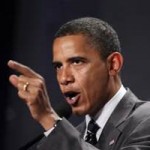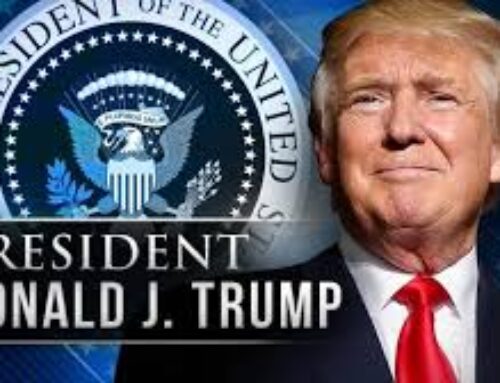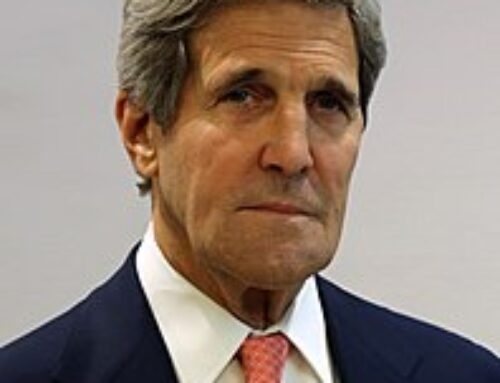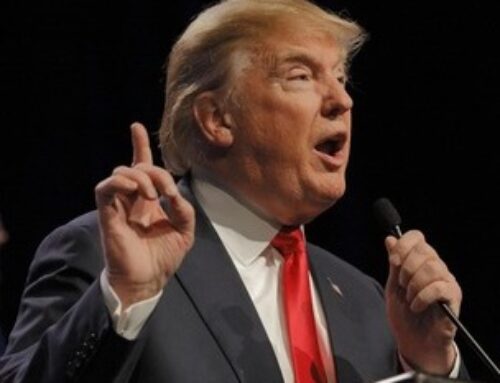
Talking without acting is not the only thing about the President that perplexes observant people. Another is his claim to have learned about the various scandals the way the rest of us did—in news reports. This despite the fact that presidents are briefed on important matters long before they appear in the news. Are we to believe he pushes the specially prepared briefings aside and waits days or weeks for the CNN, FOX, or Associated Press versions? That would be absurd, yet that is his claim.
Yet another perplexing behavior is the President’s approach of withholding judgment on an alleged scandal until “all the facts are in,” even in cases when the facts are well established. For example, he took that approach in the case of VA hospitals’ excessive delays in providing health care and the falsification of records. This despite revelations that (1) more than fifty audits have already documented the facts, (2) he was informed about the VA problem before he took office in 2008, and (3) he specifically promised to address it in 2009. Furthermore, Congressman Jeff Miller of Florida, Chairman of the House committee on Veterans’ affairs and an outspoken critic of VA hospitals’ treatment of veterans, wrote to President Obama in May, 2013 urging him to weigh in on the issue. According to Miller, the President never replied.
President Obama’s dithering in the VA scandal is drawing criticism even from his own party. For example, Georgia Representative David Scott said of the President’s response: “I listened to the President today, and I was very disappointed . . . There was no urgency. Mr. President, we need urgency.” (As an African-American, Rep. Scott can hardly be accused of basing his criticism on racism.)
The President’s perplexing behavior continues to pose a formidable challenge to anyone trying to make sense of it. During the President’s first term, his supporters responded by claiming that he was struggling to solve the myriad problems he inherited from George W. Bush. As time passed and that explanation became strained beyond credibility, the supporters argued that the inheritance proved to be much more problematic than anyone had realized. By now, embarrassment has silenced most of these individuals.
Other analysts have attributed the President’s apparent ineptness to an exaggerated form of professorial deliberativeness—“On the one hand, but on the other,” et cetera, ad infinitum. That claim, however, is inconsistent with the fact that at other times he has been known to leap to a conclusion with cautionless rapidity; consider, for example, his instantaneous 2009 judgment that the police were wrong in arresting Henry Louis Gates, Jr., or his reflexive blaming of Fox News for almost everything that annoys him.
Still other analysts argue that he simply lacks managerial/administrative experience, having never previously held a position that required it. That is certainly true, but it not a satisfying explanation for his all talk and no action style. He is an intelligent man and is surely aware of his personal limitations, so he could easily have done as other presidents have done and chosen experienced people to advise him. That he has often, instead, chosen people whose inexperience matches his own is irresponsible.
Finally, some analysts reject all three of the above explanations. They say it is not that the problems he inherited from George W. Bush are more challenging than those inherited by other presidents. Neither is it that his intellect is more finely tuned than most people’s to the nuances of competing arguments. Nor is it his lack of administrative experience, though that deficiency is profound.
Instead, these analysts believe that President Obama’s apparent ineptness is part of a deliberate strategy of continuing to look like a Washington “outsider,” far removed from all the nonsense and malfeasance and outright corruption of that locale. Moreover, they say, he wants us to think he’s just like us, unaware of the shenanigans and shocked, truly shocked, by them. In the view of these analysts, this behavior is more reminiscent of Casablanca’s Captain Renault, who expressed shock that there was gambling going on in the establishment— even as he collected his winnings—than of the proverbial innocent abroad.
This cynical view appears to be gaining adherents, and not just because there is a certain perverse appeal in thinking the worst about high officials, but because it is unreasonable to believe that a highly intelligent, well educated, eloquent individual can be as uninformed and inept as President Obama appears to be.
Copyright © 2014 by Vincent Ryan Ruggiero. All rights reserved



